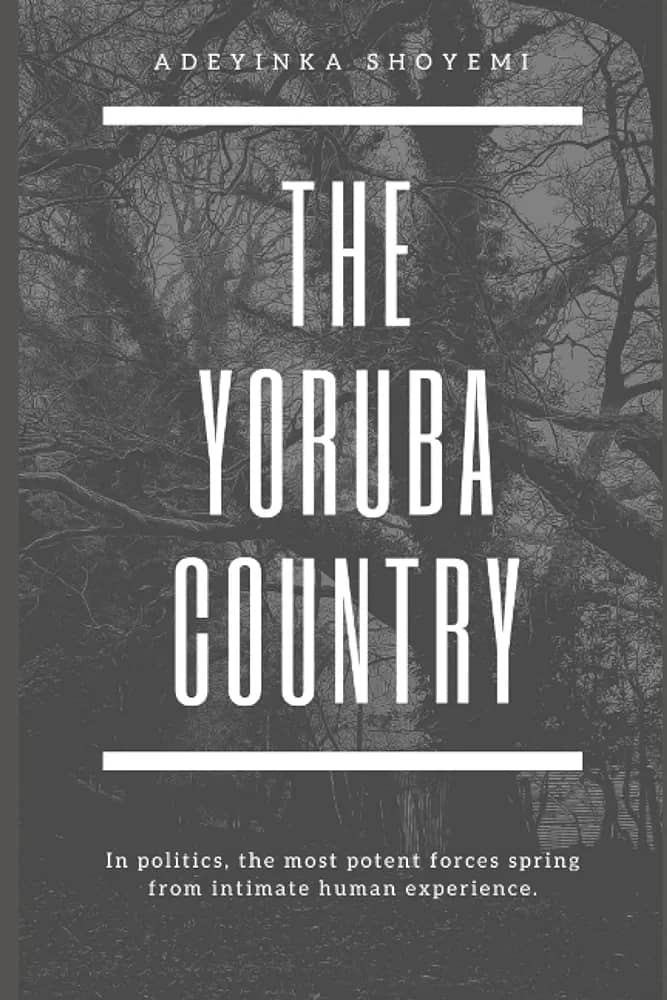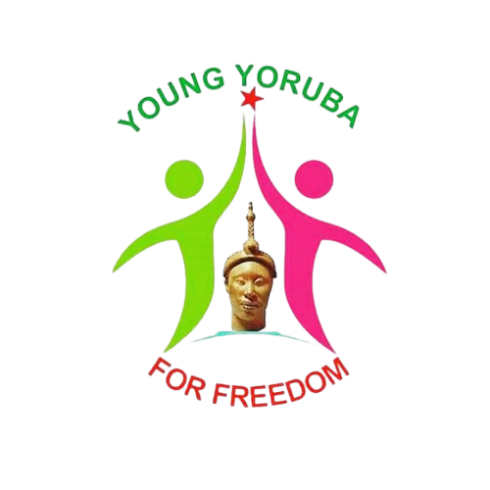The Yoruba Country

Table Of Content
The rise of Yoruba pride is tangible in everyday conversation, on the doorstep, and in the growing social media. Musicians and writers are exploring Yoruba issue more explicitly than has been the case for years. Politicians who have long expressed us as ‘Nigerians first’ no longer feel quite so eccentric. More happily, others have made Yoruba national pride a source of joy.
What is interesting is not that Yoruba identity has risen but why?
We all carry identities and loyalties to communities, ethnicities, teams, nations, or communities around the world. But it is only at certain times that we find one identity a powerful way of describing ourselves and our collective interests. It is at these times people turn to old identities and refresh them so they serve us in our modern world. National identities usually strengthen when people feel hard done-by. Today’s Yoruba identity reflects a growing sense that Yoruba people lack a real voice on the things that matter to them, as demand for the Yoruba nation by Yoruba people shows clearly. Worse, they feel they are losing out and being treated less fairly in a multiethnic country.
The perception that unitary system unfairly favours the Fulani and Ibo people is only part of the picture. North (or rather, Northerners) are thought to have more say than we do with the ways and manners past military Heads of State from the North have structured the system with more states, local governments, senators and House of Representative members. It is no surprise that strongest expressions of Yoruba nationalism are in those working class states where profound economic change has compounded by the impact of large-scale migration. Yoruba identity is rising in reaction to a real sense of powerlessness, insecurity and unfair political structure in a rapidly changing world. But our modern Yoruba identity is far from settled. For some, it is ethnic: an Oduduwa community with an imagined 2,000 years of common history. Many others are at ease with an inclusive Yoruba nationalism. Most seem comfortable with both their Yoruba and their Nigerian identities, a fact Yoruba-PDP members should not lightly set aside, for that is their meal tickets.
We cannot however, spend our time doing studies of Yorubaness while others are out there making it. For us, developing and celebrating a national identity is an active exercise. We don’t find our true identity in ever-deeper historical research, but want to make it ourselves. We should draw on radical traditions, but we must blend them with the histories of everyone who wants to feel Yoruba, and who recognises that a common identity is best developed through shared experience.
The political response to the new Yoruba nationalism is a debate that has hardly begun. It is no coincidence that the Yoruba-APC talks openly about devolution of power, fiscal federalism, resource control, state police, regional regimental armed forces and the Oduduwa Republic – which have nothing to say about the future Yorubaland and its people should enjoy, nor about Yorubaland’s place within the Federal Republic of Nigeria, but which might just favour the Yoruba-APC that Asiwaju Bola Tinubu leads.
When disease attacks our bodies, the pain we suffer at first is our bodies’ work in repairing the balance. If the balance is not restored, we are either maimed or we die. So it is with society. When we by our actions disturb the equilibrium, forces come into play to restore it – forces which pay no regard to human life. If they go bad, society dies; and the worst and most terrible of these correctives are revolution and war. We totally know that justice is better than oppression, freedom than slavery, and wealth than deprivation. We all recognize that our greatest pride is in something well done. We would infinitely prefer to enjoy this better state. Our difficulty is to see how to enjoy it — and live. It is the task of the Young Yoruba for Freedom (YYF) to point the way.
